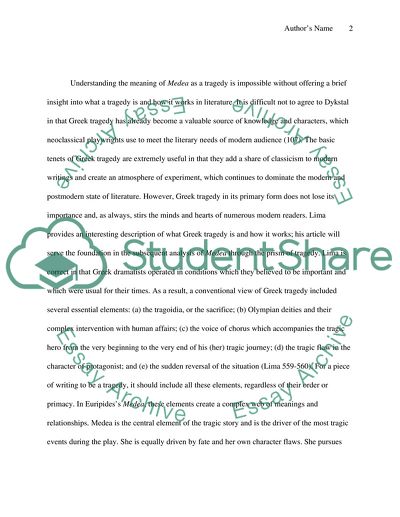Cite this document
(“Literature: Different Ways of Tragedy in Greek Drama Essay”, n.d.)
Literature: Different Ways of Tragedy in Greek Drama Essay. Retrieved from https://studentshare.org/literature/1739617-literature-define-tragedy-and-demonstrate-in-what-ways-medea-can-be-considered-a-tragedy
Literature: Different Ways of Tragedy in Greek Drama Essay. Retrieved from https://studentshare.org/literature/1739617-literature-define-tragedy-and-demonstrate-in-what-ways-medea-can-be-considered-a-tragedy
(Literature: Different Ways of Tragedy in Greek Drama Essay)
Literature: Different Ways of Tragedy in Greek Drama Essay. https://studentshare.org/literature/1739617-literature-define-tragedy-and-demonstrate-in-what-ways-medea-can-be-considered-a-tragedy.
Literature: Different Ways of Tragedy in Greek Drama Essay. https://studentshare.org/literature/1739617-literature-define-tragedy-and-demonstrate-in-what-ways-medea-can-be-considered-a-tragedy.
“Literature: Different Ways of Tragedy in Greek Drama Essay”, n.d. https://studentshare.org/literature/1739617-literature-define-tragedy-and-demonstrate-in-what-ways-medea-can-be-considered-a-tragedy.


